Govt seeks to vacate Supreme Court's National ID halt
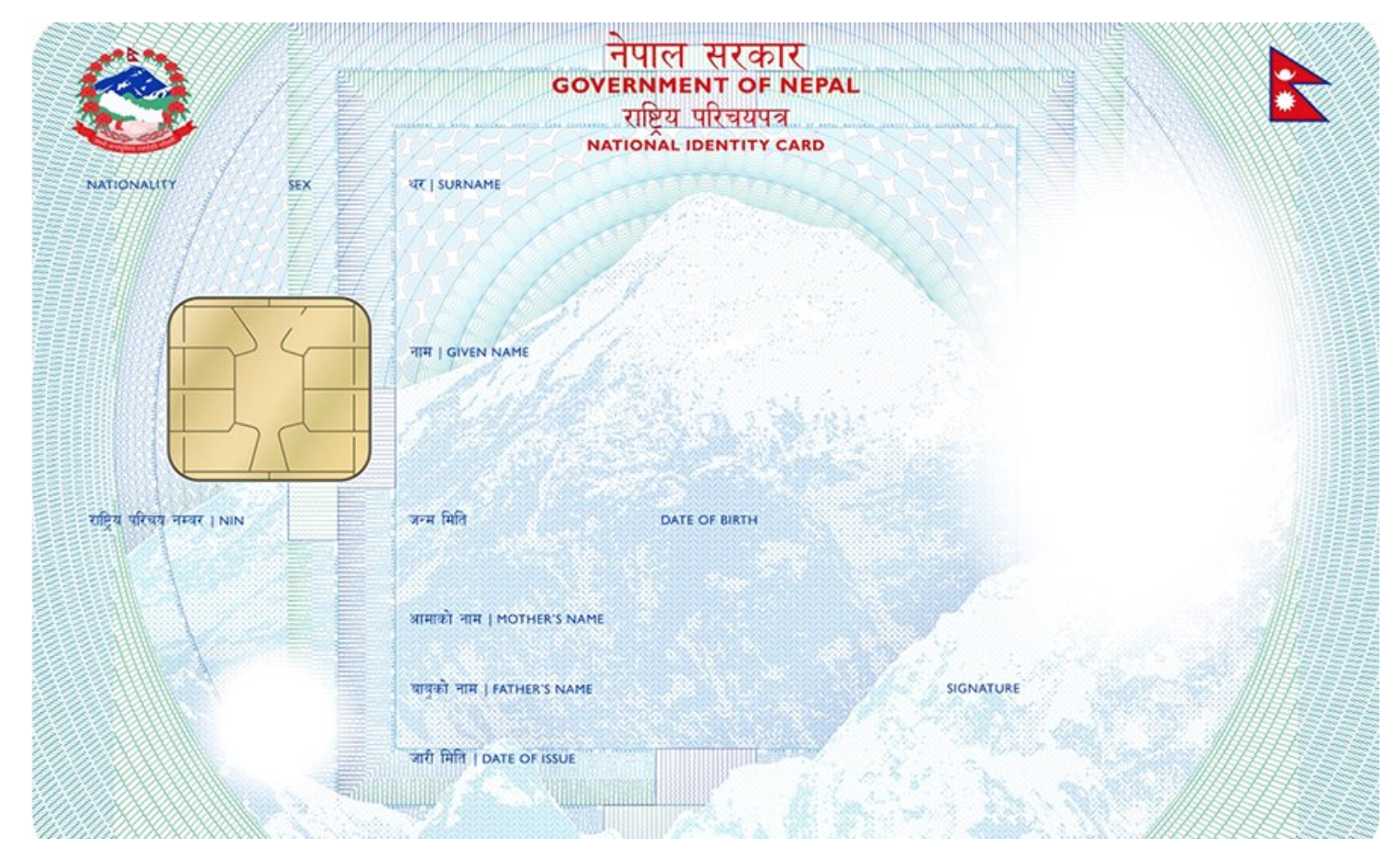
Kathmandu, November 8 — The government has filed a motion to vacate the interim order issued by the Supreme Court regarding the distribution of national identity cards, arguing that the order has made it difficult for the government to proceed with its work. The motion was submitted to the Supreme Court on Friday by the Department of National Id and Civil Registration on behalf of the government.
The government’s motion comes nearly two months after the Supreme Court issued its interim order. On August 23, the Court had directed that the national identity card not be implemented in all sectors.
The Supreme Court had issued the interim order, halting the implementation of the national identity card for social security and public services. The bench of Justices Manoj Kumar Sharma and Til Prasad Shrestha had ruled that national identity cards should not be required in cases where citizens already have citizenship certificates.
Following this order, the Supreme Court directed that national identity cards should not be mandatory for receiving social security benefits or public services. Initially, the government remained silent after the order to halt implementation was issued, but it later filed the motion for vacating the order.
The government had decided to make the national identity card mandatory for obtaining social security benefits, mobile SIM cards, and accessing all public services. After this decision, a writ petition was filed in the Supreme Court by advocates including Ram Bahadur Rawal, who argued that many elderly citizens would be deprived of social security benefits if the national ID was made mandatory.
Previously, at a Cabinet meeting on June 6, 2023, the government had decided to implement the national identity card requirement for social security benefit renewal in 28 districts, starting from July 16. This was to be expanded to 38 more districts by January 14, 2025, and by July 16, 2025, the national identity card would be mandatory across all 77 districts for receiving social security benefits.
After the Supreme Court issued its interim order, the government filed the motion to vacate the order, arguing that waiting for the final decision would cause further delays. The motion was filed after the government, in consultation with the Attorney General’s Office, concluded that it would be appropriate to seek the vacating of the order.
The government has argued that the interim order was only applicable to the use of the national identity card for public services, and has asked the court to reconsider the reasons for stopping the distribution of the identity cards. The government has presented three main grounds for vacating the order:
Impact on asset laundering investigations
The government has claimed that the interim order has affected investigations into asset laundering (money laundering). The government argued that national identity cards would facilitate the identification of assets and individuals involved in terrorist activities or illegal acts, and that halting their issuance would hinder the process.
Obstruction in unified data collection
The second argument presented by the government is that the interim order obstructs the collection of unified data. The government is working on establishing a unified database to streamline public services and has made the national identity card mandatory for the collection of this data. The government argued that without a unified record, it would be difficult to maintain accurate data for all citizens, leading to issues in policy implementation.
Problems with pension and social security benefits
The government’s third argument is that the order has created confusion and problems in the distribution of pensions and social security benefits. Since the interim order requires national identity cards to be provided to citizens for receiving benefits, the government claimed that relying on other forms of identification for distribution could lead to duplicate payments and inefficiencies. The government also argued that making national ID cards mandatory for benefits would reduce errors in pension distribution, especially when there have been claims made by deceased individuals.
The government has said that it would be difficult to wait for the final ruling, as the lack of a clear directive could result in overlapping or incorrect payments. The Supreme Court is scheduled to hear the motion on Monday, and if the Court decides to vacate the interim order, the government will be able to proceed with the distribution of national identity cards. However, if the order is not vacated, the uncertainty will remain.


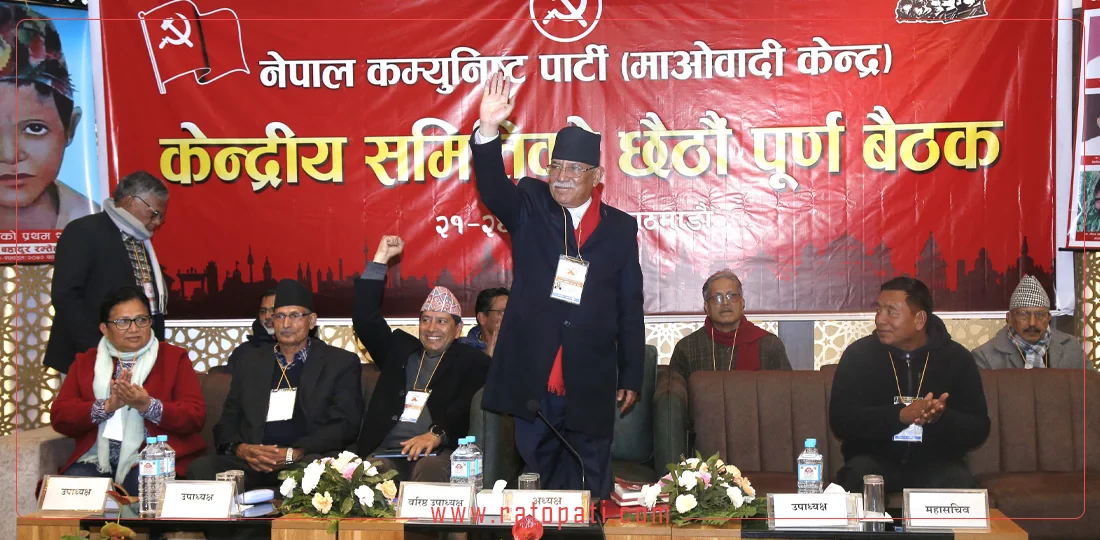
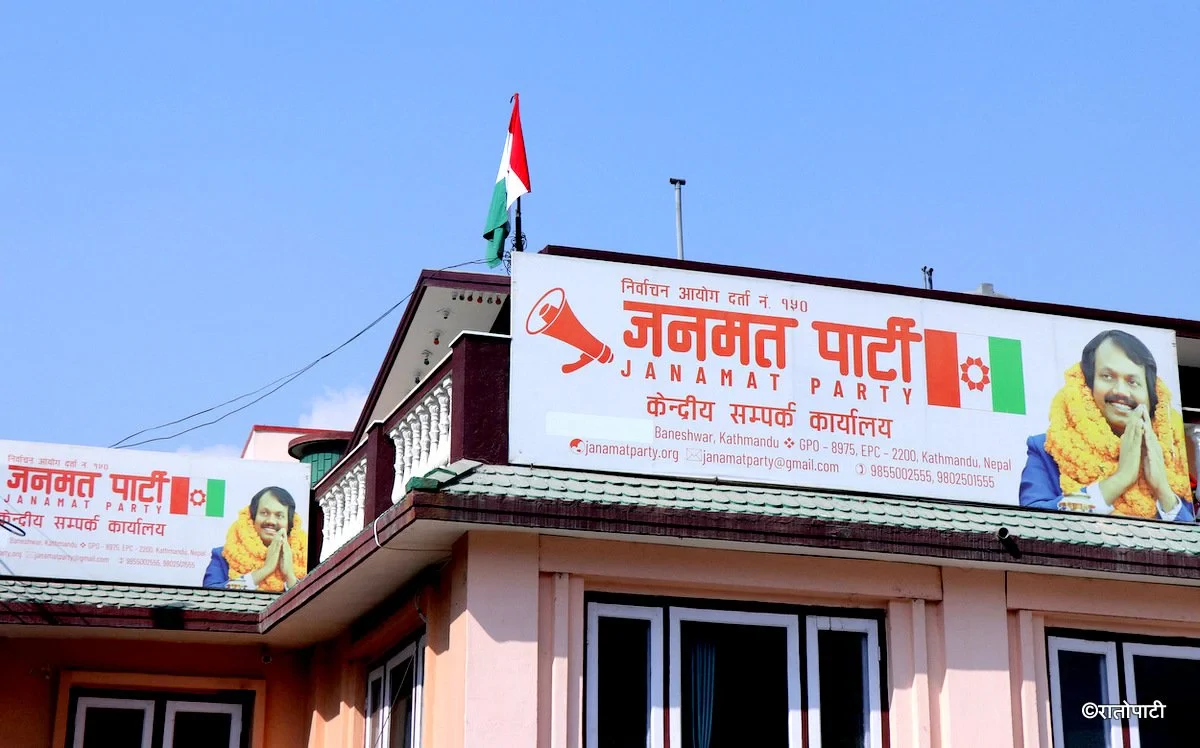
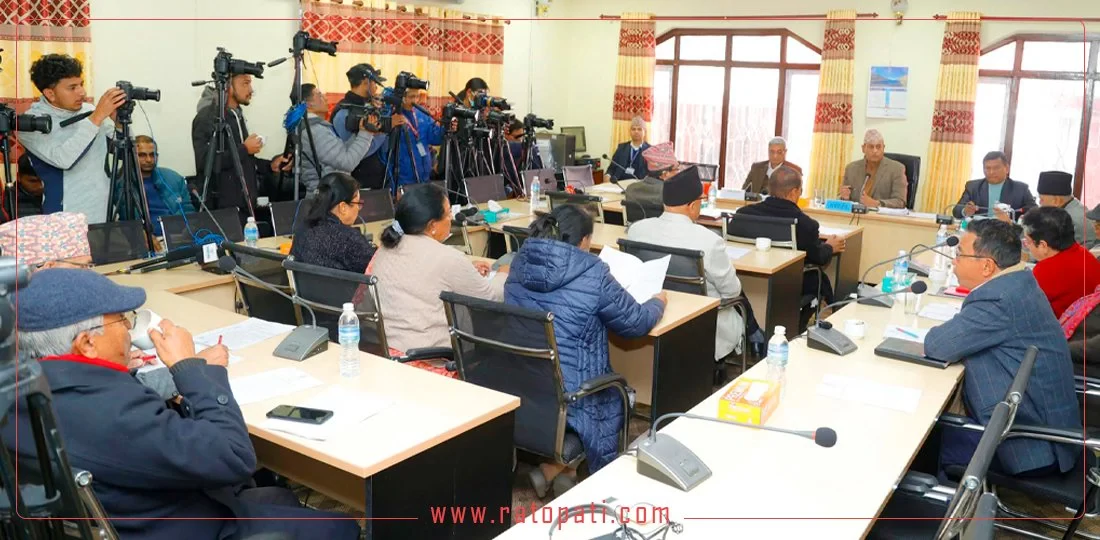
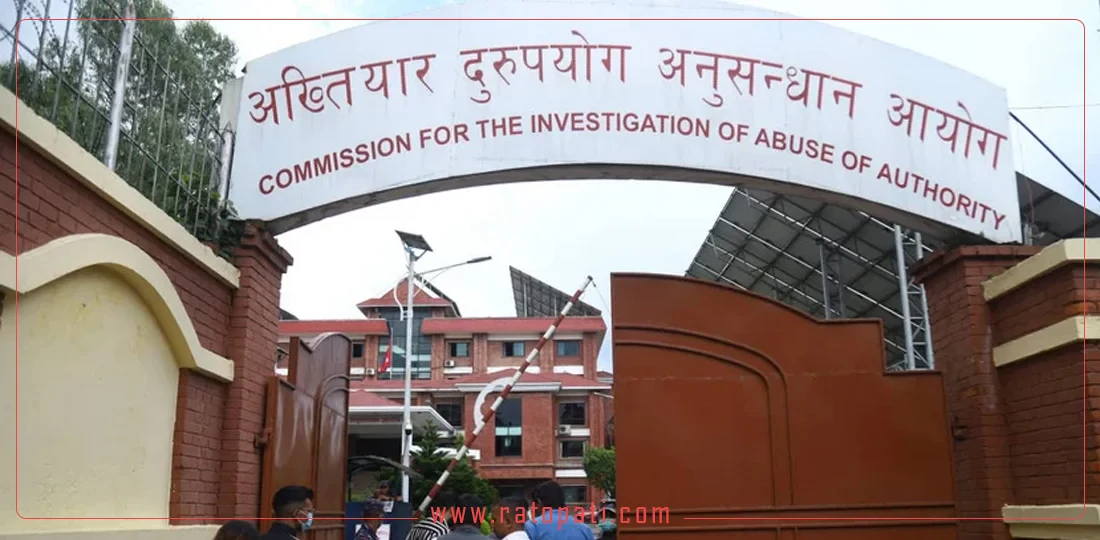
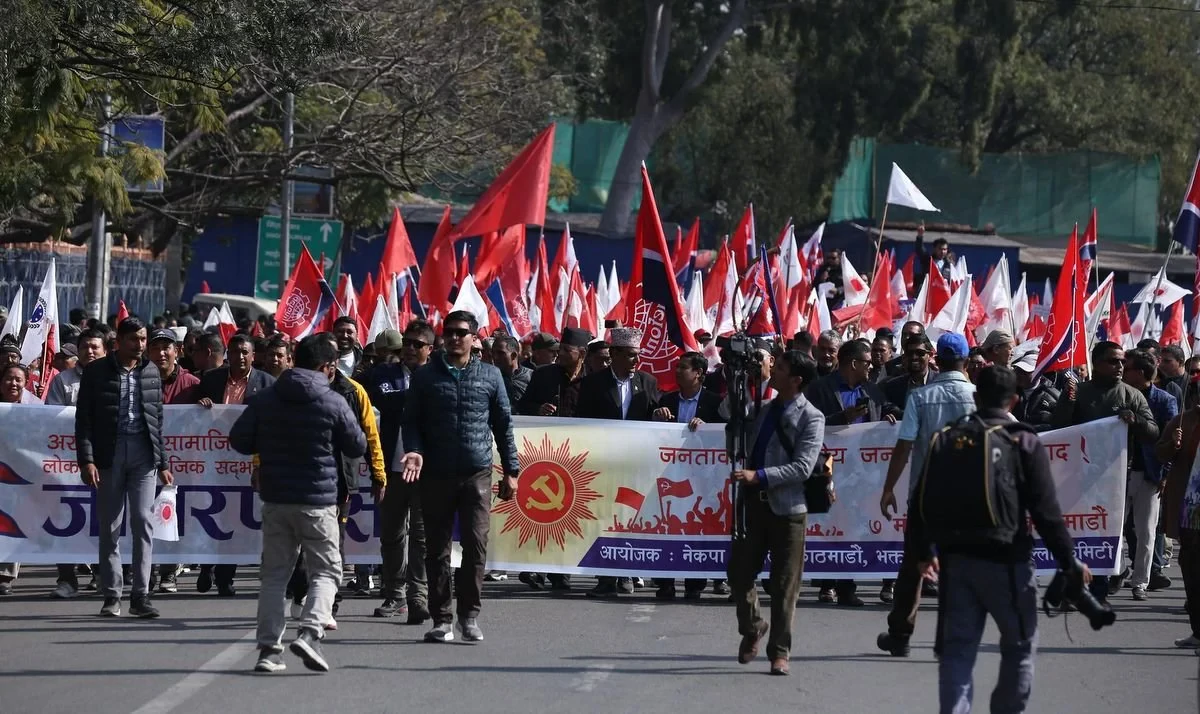



Leave Comment